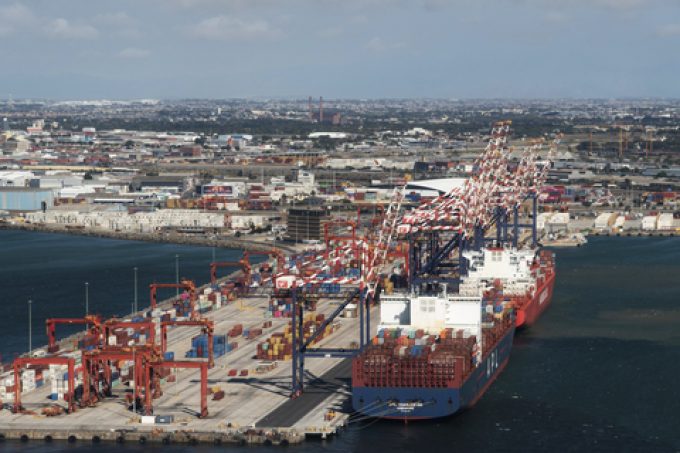CMA CGM gets closer to rival carriers on Indian trades
CMA CGM appears to be warming to new network partners on Indian trades to compete ...

After being hit with a series of port congestion surcharges this month, South African shippers and forwarders this week lost another direct call at Cape Town, as carriers continue to struggle to maintain schedules due to extended waiting times at the nation’s ports.
Maersk told customers today it was reorganising its Asia-West/South Africa network with a rejigged FEW6 service between Northern China and south-west Africa with two calls at Cape Town dropped.
“The updated FEW6 service will focus on the main south-west ...
Volcanic disruption at Anchorage could hit transpacific airfreight operations
Shippers snap up airfreight capacity to US ahead of tariff deadline
Forwarders stay cool as US 'liberation day' tariffs threaten 'global trade war'
New price hikes may slow ocean spot rate slide – but for how long?
Tighter EU import requirements proving 'a challenge' for forwarders
Supply chain delays expected after earthquake hits Myanmar
Looming Trump tariffs will create 'a bureaucratic monster' for Customs

Comment on this article